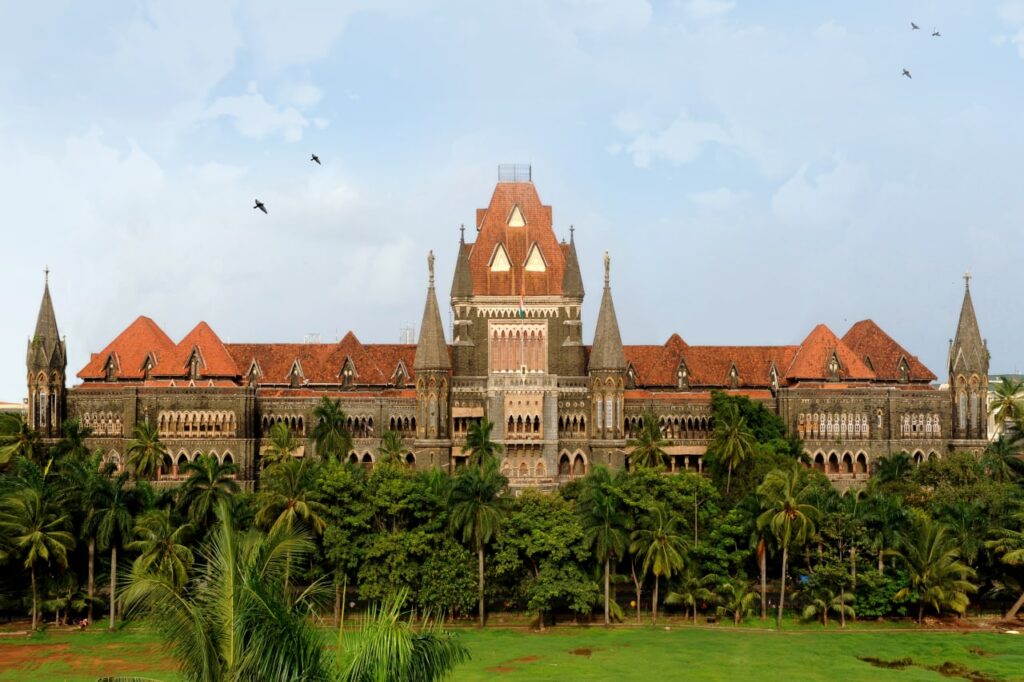Bombay High Court criticizes police for misuse of authority and directs them to pay ₹1 lakh for an illegal arrest.

The Bombay High Court has directed the State to pay ₹1 lakh to a Mumbai woman due to the wrongful arrest of her husband, raising serious issues about police behavior. The legal issue began when the woman’s husband was detained over claims of illegal construction while they were fixing their home. Their neighbor, allegedly trying to extort money, asked for ₹20,000. When the couple refused, the neighbor lodged a complaint against them for illegal construction. They went to the Wadala TT Police Station to report this harassment, but the police dismissed their complaint, saying it was not their responsibility. Soon after, the woman’s husband and five workers at the construction site were arrested.
A Division Bench, consisting of Justice Bharati Dangre and Justice Manjusha Deshpande, expressed strong dissatisfaction with how police misconduct cases are often ignored or treated lightly. Citing a previous ruling from 2013, the Court pointed out that complaints against police officers are frequently minimized, and citizens are not taken seriously. “We had already expressed our anguish in no uncertain words in our order dated August 14, 2013, specifically by recording that the allegations against the police officers are taken very lightly and casually, and the citizens are not believed as a matter of course. Here is a classic example,” the Court stated.
Suvidha Patil represented the petitioners, while DJ Haldankar served as the Additional Public Prosecutor for the State. The Assistant Police Inspector (API) involved in the case reportedly demanded ₹12,000 for his release and ₹1,200 for each worker. After the workers paid their fines, they were released, but the API remained in custody until he received bail. It was also alleged that the API initially requested ₹10,000 from the petitioner to dismiss the case entirely. The police justified their actions by referencing the Maharashtra Police Act, which bans unauthorized construction that could threaten public safety. However, the Court disagreed, stating that while the police had the authority to arrest, it was not necessary in this situation. The Bench remarked that even if arrest was an option, it was not mandatory for the police officer to carry it out, stressing that other solutions should have been considered first.
The Court also expressed strong discontent with the disciplinary actions taken against the API. Despite previous orders from the Court for a thorough investigation into the police’s conduct, he was only fined ₹2,000. The Court criticized the authorities for not properly examining the legal basis for his actions and for concentrating only on his failure to submit an affidavit as ordered by the Court. The Bench expressed astonishment at the approach of the Respondent authorities, noting that the inquiry failed to address the main issue of misconduct. The Court questioned whether the authorities misunderstood the Court’s directions or chose to ignore them, as they only imposed a fine on Mr. Jadhav for not filing the affidavit, highlighting a significant flaw in the disciplinary process.
The Court decided that the arrest was an abuse of police power and a misuse of authority, leading to unnecessary pain for the petitioners. It pointed out that, despite clear instructions from the Court, no real action was taken against API. The Court granted ₹1 lakh in compensation to the petitioner for her husband’s wrongful detention. The State was ordered to pay this amount, but it could be recovered from the police officers involved in the illegal arrest. The Court also highlighted the importance of higher authorities making sure its orders are followed, stating, “We trust the higher-ups in the Police Department to ensure our orders from 14.08.2013 are followed, if it is possible after more than ten years.”
Cause Title: Ratna Chandrakant Vannam & Anr. v. Tukaram K. Jadhav, [2024:BHC-AS:44106-DB]








